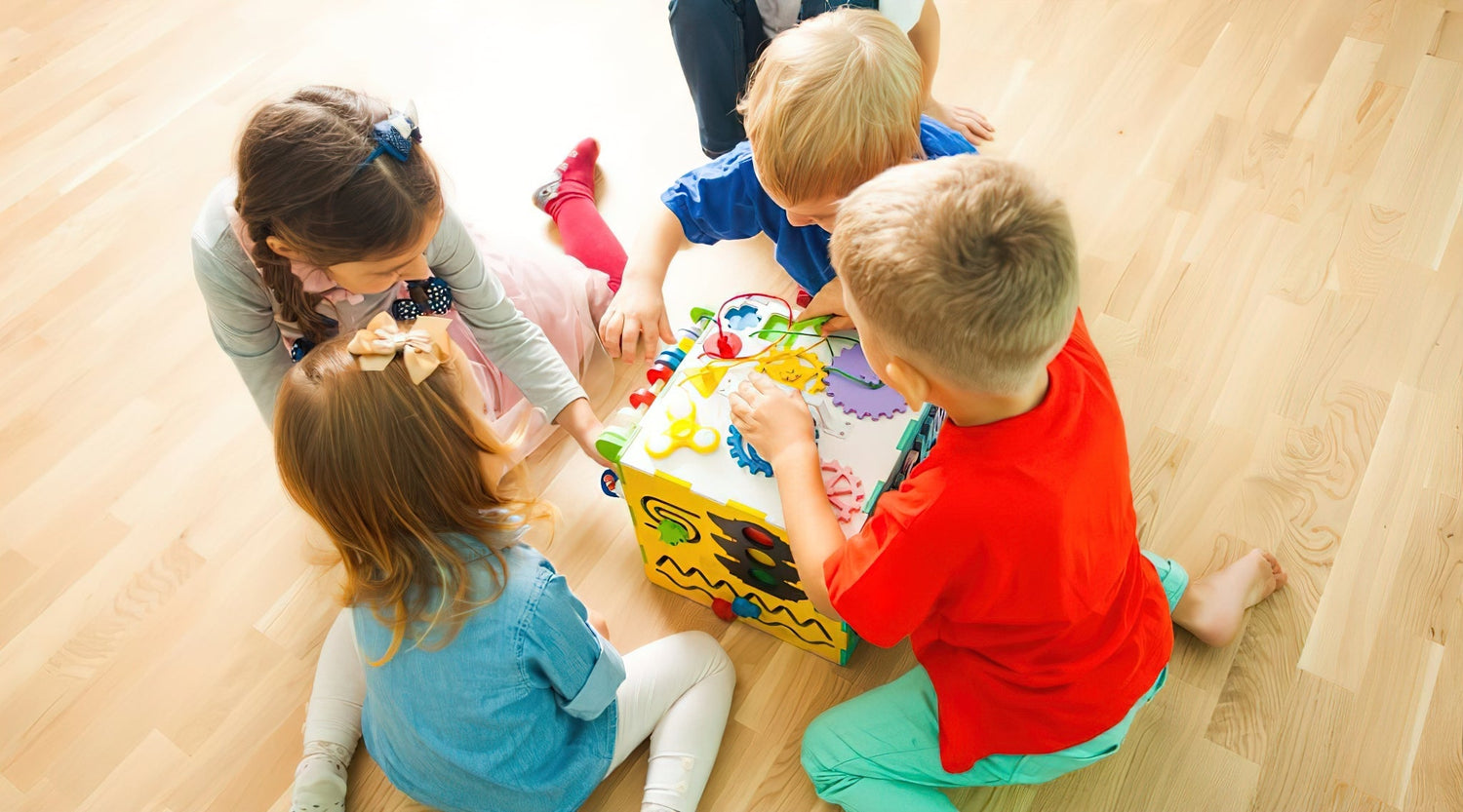In a world filled with structured activities, scheduled playdates, and educational apps, it’s easy to overlook the magic of unstructured play. Yet, letting children explore, create, and imagine without adult direction is one of the most powerful ways to nurture their development. Unstructured play—open-ended, child-led, and free from rigid rules—isn’t just fun; it’s the foundation of learning.
Why Unstructured Play Matters
Unstructured play allows toddlers and preschoolers to take charge of their own world. When a child builds a tower with blocks, invents a game with sticks and stones, or pretends to be a superhero saving stuffed animals, they’re doing far more than passing time. They’re developing critical skills:
- Creativity and Problem-Solving: Without instructions or outcomes dictated by adults, kids experiment, test ideas, and learn to adapt. A cardboard box becomes a spaceship, a pile of leaves turns into a treasure map, and a blanket fort sparks engineering ingenuity.
- Social and Emotional Growth: When children negotiate roles in pretend play (“You be the doctor, and I’ll be the patient”) or resolve conflicts over sharing toys, they practice empathy, communication, and cooperation.
- Physical Development: Climbing, jumping, and balancing during free play build motor skills, coordination, and confidence.
The Science Behind Play
Research backs the benefits of unstructured play. The American Academy of Pediatrics calls play “essential to development,” noting that it fosters cognitive, social, and emotional resilience. Unstructured play also reduces stress, boosts attention spans, and encourages curiosity—qualities that structured activities, with their focus on outcomes, often overlook.
How to Encourage Unstructured Play
Parents can create environments where unstructured play thrives:
- Limit Screen Time: Swap tablets for open-ended toys like blocks, art supplies, or dress-up clothes.
- Embrace Boredom: Resist the urge to fill every moment. Boredom sparks creativity!
- Outdoor Adventures: Nature is the ultimate unstructured playground. Let kids dig in the dirt, chase bugs, or invent outdoor games.
- Say “Yes” to Mess: Allow sensory play (think mud pies or finger painting) without micromanaging.
A Gift That Lasts
Unstructured play isn’t just a childhood pastime, it’s a lifelong skill. By prioritizing free play, we teach kids to think independently, embrace challenges, and find joy in the process of learning. So, step back, let your little one lead, and watch their imagination soar. After all, the best lessons often happen when we’re not looking.
